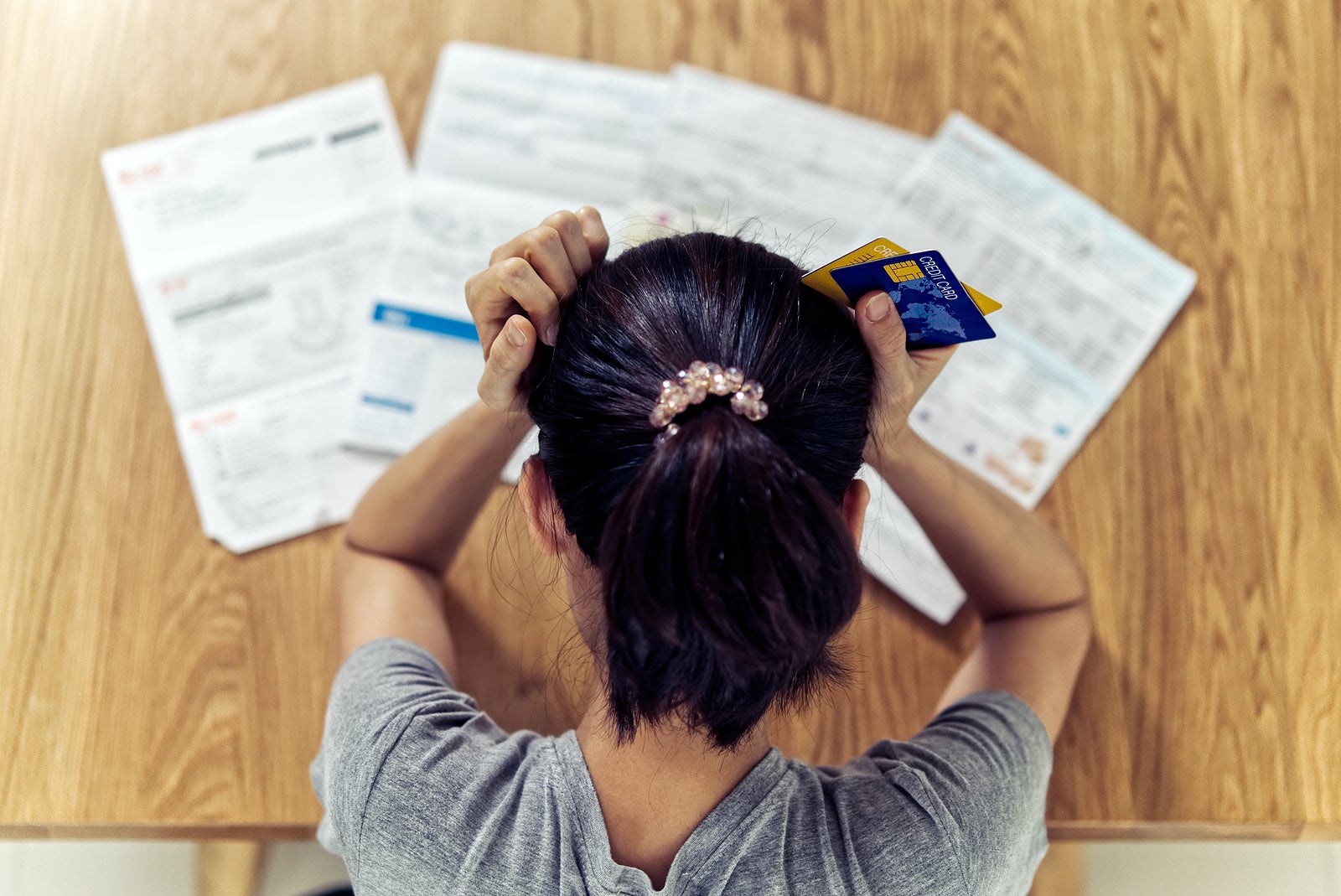
Finding yourself in debt is a stressful position to be in, and you might notice yourself becoming concerned over how or if you’ll pay off your outstanding bills.
Thankfully, while getting out of debt can be difficult, it’s definitely possible, and there are a number of methods to help you get on top of your finances again. And one of the most common practices is taking out a bills consolidation loan, also known as a debt consolidation loan.
However, before taking the plunge and seeking out a debt consolidation loan, it’s important to understand exactly what the loan is, how it’s paid off, and how it can help you pay outstanding bills.
The Basics
Before you decide if a bill consolidation loan is the best route to take to help you get out of debt, you should understand exactly what it is.
Put simply, a debt consolidation loan is a personal loan and involves borrowing money at a low-interest rate to pay off outstanding bills with a higher interest rate. Usually, bill consolidation loans are used to pay off credit cards, but they can also help those paying medical bills, car loans, or outstanding tax payments.
Unlike some debts, like credit card loans, bills consolidation loans have a fixed start and end date and require regular monthly payments.
Typically, bill consolidation loans are most beneficial for those with a large sum of debt who don’t think they can pay off the outstanding balance within the next 12 months. This type of loan because those with small debts may not reap the benefits offers this.
If you only have a small debt to repay, budgeting and increasing your income might be more fruitful options to consider.
Benefits of a Bill Consolidation Loan
Once you understand what a debt consolidation loan is, the next step is to weigh up the benefits and how they would influence your situation.
The most commonly discussed benefit of a bill consolidation loan is the reduction of interest rates. If you’re struggling to repay a bill, over time, the interest rate will increase, and some people may find themselves only paying the interest rather than the actual debt. When you take out a bill consolidation loan, you can use it to pay your other debts in full, eradicating the risk of increasing interest.
Other benefits of a bills consolidation loan include,
- Simplifying your debts. Leaving just one bill to repay instead of numerous at different interest rates.
- Repaying debt more quickly. As bill consolidation loans have a specified start and end date.
- Low-interest rates.
- Improves your credit score. At first, your credit score might be lower, but eventually, as you pay your loan each month, it will increase.
How to Take out a Bill Consolidation Loan
If you’ve decided that a debt consolidation loan is the best route for you to take in repaying your outstanding debts, you need to consider how to start the process.
In the first instance, most lenders will carry out a soft credit check on anyone who applies for a bill consolidation loan. But don’t be alarmed, as this check will not impact your credit score. This process is usually completed on a prequalification basis prior to officially submitting your application.
Once you’ve qualified for the loan and committed to a specific lender, you then need to complete an application form and provide information, such as your income, employment status, and borrowing request. In most cases, you will also need to provide a photo ID, a bank statement, or proof of residence to confirm your identity.
Final Thoughts
Taking out a new loan to pay off existing debts is a serious decision that requires a lot of thought. So, don’t jump in straight away. Before applying for a bills consolidation loan, take your time to consider your options and compare the best lender for you.
2029 Views












